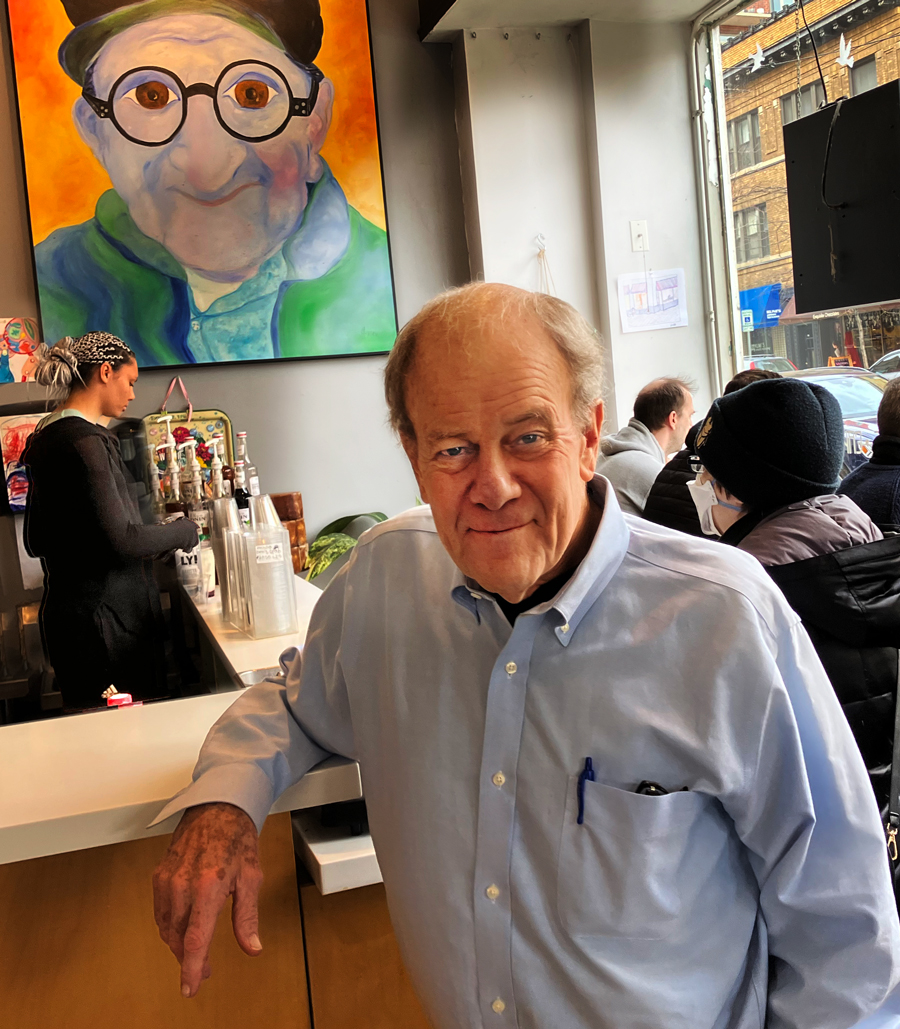Neil Lukatch
People at a coffee shop The morning’s short, impromptu memorial service was all the more moving for being unplanned and unscripted.
The morning’s short, impromptu memorial service was all the more moving for being unplanned and unscripted.
Linnea and Ian stopped in to introduce Tristan to the coffee shop that Linnea and her father loved.
Her father is gone, she told me. We spent a moment sharing what that loss means. Ian’s father had died as well, so the birth of Tristan was providential.
Linnea and her sister Jordan grew up with Neil. On the mornings when she could sleep in, she’d wander down past the couple doors to our corner coffee shop to greet her father.
He would already have spent hours with the likes of Joyce, Dickens, Austen, Faulkner, Flaubert, Stevens, and Eliot. Neil was a published poet himself and he used literature to explain “life’s greatest treasures and worst vices” to his daughters.
Neil Lukatch taught people to think. He was much sought after as a tutor for ACTs, LSATs and personalized learning strategies. (This from a guy who owned a comic-book store?)
When Neil and I got to know each other, we discovered that Linnea and my son were friends from high school and that Neil had tutored Ben.
Our friendship was built around the hamburger. Scouring suburbs for the best of the best provided the perfect guy excuse for two old men to make plans and get out of the house.
More than anything else we talked about being fathers. We liked to think that meeting our paternal responsibilities to the best of our ability would make up for our wild years.
To my blog’s question of “What’s the most important thing your father taught you?” Neil sent this: “How to love a child! There isn’t even a close second best.” He passed that wisdom on to Linnea.
The table where he liked to sit is now often claimed by a fascinating guy who reads and rereads the same impenetrable works of literature that Neil dedicated his life to. He is not Neil. ![]()




